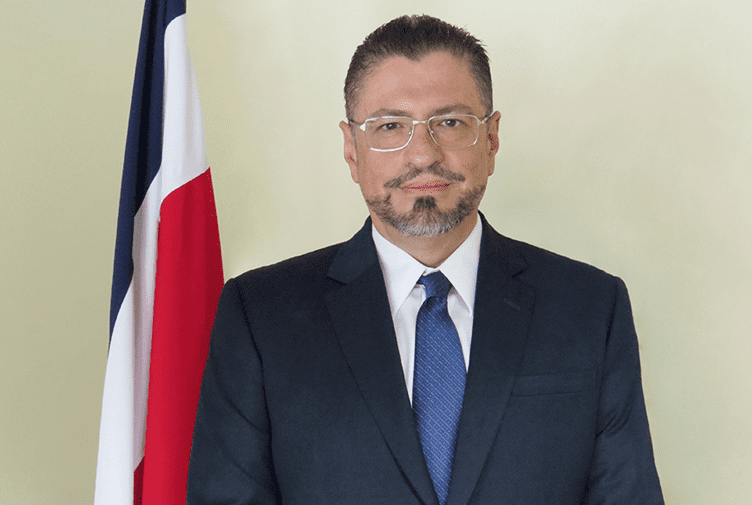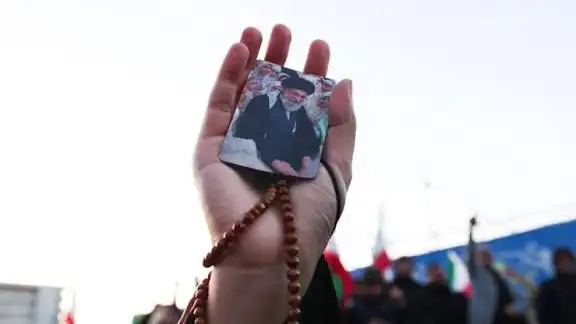In a historic move, Costa Rica’s Supreme Court has requested the Legislative Assembly to lift President Rodrigo Chaves’ legal immunity, enabling him to face trial on corruption charges. This unprecedented decision marks the first time in the nation’s history that the court has sought to remove a sitting president’s immunity.
The case centers on allegations that Chaves misused his authority to divert $32,000 from a $405,000 communication services contract funded by the Central American Bank for Economic Integration (CABEI). Prosecutors claim that Chaves directed these funds to his close associate and campaign strategist, Federico “Choreco” Cruz. The contract was awarded to RMC La Productora S.A., a company owned by Christian Bulgarelli, who has agreed to cooperate with authorities in exchange for leniency.
The Supreme Court’s decision was reached with a 15-to-7 vote, reflecting a significant division within the judiciary. The court also called for Culture Minister Jorge Rodríguez, who previously served as Chaves’ chief of staff, to stand trial in the same case. Both officials face potential prison sentences of two to eight years if convicted.
President Chaves has consistently denied the allegations, asserting that he has done nothing wrong and that his conscience is clear. His office has yet to comment on the court’s ruling. The final decision now rests with the Legislative Assembly, which is controlled by opposition lawmakers. If the assembly votes to lift Chaves’ immunity, he could face trial before the end of his term in 2026.
This development has intensified tensions between the executive and judicial branches of government. Chaves has accused the judiciary of undermining his administration and has publicly criticized the Attorney General and the Supreme Court. The case has also drawn attention to broader concerns about transparency and accountability within Costa Rican politics.
As the situation unfolds, Costa Ricans are closely watching the interplay between the branches of government and the potential implications for the country’s democratic institutions. The outcome of this unprecedented legal challenge will likely have lasting effects on the political landscape and the public’s trust in governmental processes.












I cant believe the presidents involved in a corruption case! Shouldnt leaders be held to higher standards? Whats happening in Costa Rica?
Do you think President Chaves should have his immunity removed? Corruption allegations are serious, but is it fair to jump to conclusions?
Wow, the Supreme Court is really going after President Chaves. Do you think hes innocent or guilty? Lets discuss!
Wow, can you believe the drama in Costa Ricas government? Should Chaves immunity be removed, or is it all just a political stunt? 🤔
Do you think President Chaves should have his immunity removed? Corruption or misunderstanding? Lets discuss!
Wow, this whole situation with President Chaves in Costa Rica is wild! Should immunity be removed for a fair trial?
I cant believe the president is involved in a corruption case! What a scandal. Justice must prevail. Thoughts?
Wow, can you believe the Supreme Court is going after the President for a mere $32,000? Seems like a wild ride in Costa Rica!